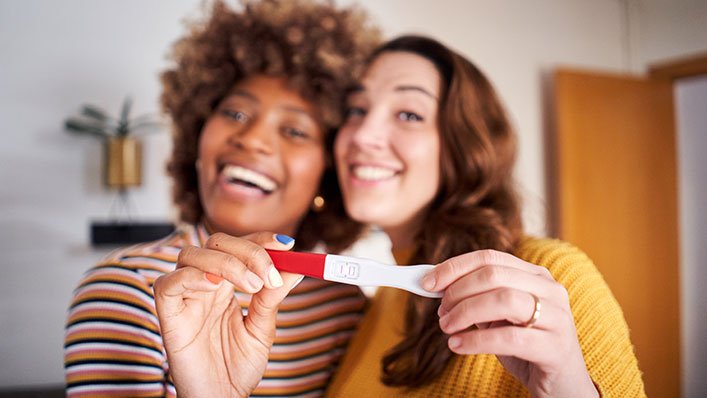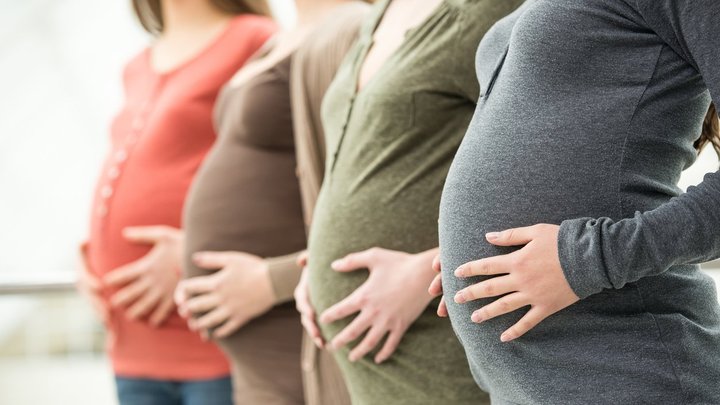Week-by-week guide to pregnancy
When you're pregnant, you have lots of questions. Our week-by-week pregnancy guide is packed with lots of useful information.
From what's happening inside your body, to how your baby is developing, and tips and advice on having a healthy pregnancy – this is your one-stop pregnancy guide!



